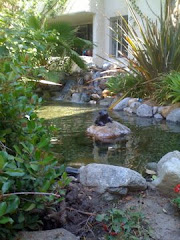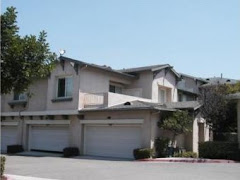If you drive a car, truck or van for work, the Internal Revenue Service (IRS) has announced news that impacts you. That's because the IRS has released the new standard mileage rates for 2009. The rates will be used to calculate deductible costs for driving an automobile for business, charitable, medical and moving purposes. The new mileage rates for business, medical and moving purposes will be slightly lower than the rates for the second half of 2008, which were raised in the middle of last year due to spiking gas prices. The rate for charitable driving, however, is set by law and will remain unchanged from 2008.
Beginning January 1, 2009, the standard mileage rates for 2009 are as follows:
Businesses = 55 cents per mile driven
Medical or moving = 24 cents per mile driven
Charitable organizations = 14 cents per mile driven
Overall, these rates reflect the higher transportation costs compared to a year ago. However, the rates are slightly lower than the second half of 2008 to factor in the recent drop in gasoline prices. While gasoline is a significant factor in the mileage rate, other fixed and variable costs, such as depreciation, also enter the calculation.
But before you calculate your deduction, make sure you qualify. The IRS reminds taxpayers that they cannot use the business standard mileage rate for a vehicle after using any depreciation method under the Modified Accelerated Cost Recovery System (MACRS) or after claiming a Section 179 deduction for that vehicle. In addition, the business standard mileage rate cannot be used for any vehicle used for hire or for more than four vehicles used simultaneously.
Remember, you don't have to use the standard rate! Although the IRS provides the standard mileage rate for ease and convenience, you're not required to use it. If you choose, you have the option of calculating the actual costs of using your vehicle instead of using the standard mileage rates. So keep that in mind as you calculate your automobile usage for business, medical, moving, or charity driving in 2009!
Send me your comments or questions: Email: jliubaker@gmail.com
http://www.socalifgatedcommunities.com/
Jane Liu-Baker
(310) 994-4188
Is the strongest US growth behind us?
5 years ago



